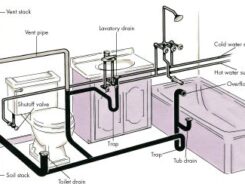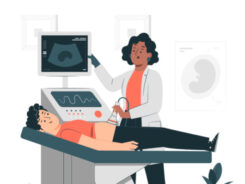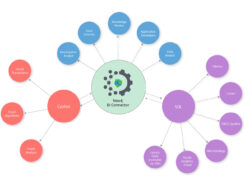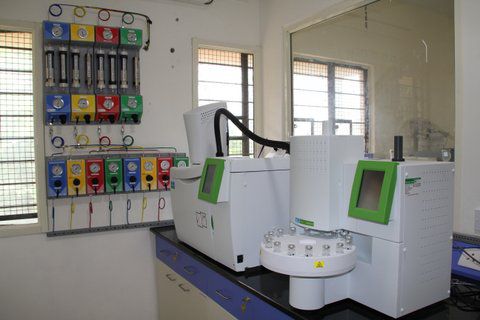Various industries are increasingly demanding skilled and highly trained experts in gas chromatography. Students who aspire to become researchers and scientists are also becoming increasingly aware of the huge demand for gas chromatography courses in India.
There is a vast scope for employment for skilled GC experts in pharmaceuticals, healthcare, chemicals, and other similar industries. To stay a step ahead of the huge competition in the field, students are ready to choose gas chromatography training at leading technical institutes and training laboratories in the country.
However, before choosing to undergo the intense training and teaching for the course, you need to be aware of the fundamental but important aspects that are covered by some of the leading GC training institutes in India.
Fundamental Concepts in Gas Chromatography
Gas chromatography is different from other types of chromatography. In this, gas is taken as a mobile phase and its components are separated in vapour form. This is useful for isolating and determining the compounds with a small molecular weight in the sample gas.
The gas chromatography training requires the sample to be in the liquid or gaseous state which can be easily vaporized aiding in entering it into the injection port of the analysis equipment. A carrier gas works as the mobile phase in gas chromatography testing. Helium is most commonly used as a carrier gas because it is chemically inert and has a low molecular weight.
The gas chromatography testing equipment applies pressure in the mobile phase, which moves the analyte through the column. The column is coated with a stationary phase to achieve the separation of its component elements successfully.
How is Gas Chromatography performed?
Although the GC training course at leading technical institutes will give you detailed training to perform successful gas chromatography tests, here is a short abstract to help you understand the process better.
The entire gas chromatography test is performed in three steps:
STEP 1 – Injecting sample and vaporizing it
- The liquid sample meant for testing is extracted in a small syringe.
- The needle of the syringe is placed carefully into the hot injection port of the gas chromatograph testing equipment and the sample is gently injected into the machine.
- The sample liquid needs to be injected quickly as it is essential to mark it as a point in time where the entire sample is entered for analysis.
- The temperature within the testing chamber is set at a higher temperature than the boiling points of the sample mixture so that the components get vaporized effectively.
- The vaporized content then mixes with the inert gas (mobile phase) so they can be carried to the gas chromatography column for separation.
STEP 2 – Separating in the column
- The elements of the sample gas are separated according to their ability to bind with or get absorbed into, the stationary phase which coats the interior of the separation column.
- The component with the most absorbing capacity concerning the stationary phase will spend the most time in the separation column and will show the longest retention time (Rt). This component is also the last to exit the gas chromatograph.
- On the other hand, the component with the least absorbing capacity will spend less time in the column, will have the shortest Rt, and also exit the column first.
STEP 3 – Determining and recording results
- Each component will reach the detector from the separation column at different times according to their respective retention times.
- The first component to be detected will be the one with the shortest retention time and the component with the longest retention time will be detected last.
- As soon as a component is detected, the detector will send a signal to the chart recorder which makes a peak in the chart. The first component to be detected is recorded first while the component with the longest retention time will be identified at the last.
Tips to choose the best GC Training course in India
Go through the list below and see the types of topics which should be covered by technical institutes to provide the best training in gas chromatography testing courses in the country:
- Laboratory Safety Guidelines
- Environmental Control in GC Labs
- Method Validation
- Chromatographic Sustainability
- Introduction to GC Equipment
- Applications of Gas Chromatography
- GC Installation, Planning and Utility Requirements
- Sourcing the Supplies for GC
- Practical Steps in GC Operation
Make sure that your short-listed technical training institute covers the above-given topics extensively as these form the crux of successful and efficient GC training as this will help you to qualify for the best jobs in the industry.
















































































